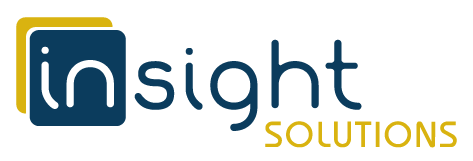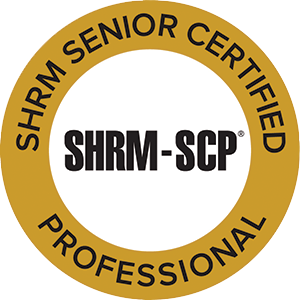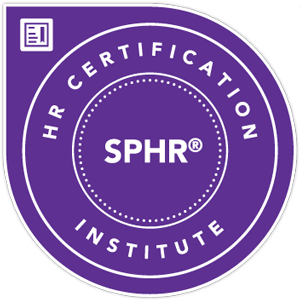The future of business is here. As we all know much too well, COVID-19 forced organizations and businesses around the world to rapidly adjust to a remote working situation. Despite the many benefits of a telecommuting arrangement, many leaders are finding that managing their remote teams and companies can be challenging. Understandably, most companies were not prepared to rework their entire organizational set up in a matter of days. Also, for managers who are used to a traditional, face-to-face workspace, remote leadership does not come naturally, and they find it hard to oversee their teams online.
Leading your department or your organization remotely comes with its own challenges. For example, monitoring employee productivity while providing flexibility is a balancing act. In addition, employees may find themselves isolated and it becomes your job to keep them motivated. Without a proper remote leadership strategy, you might find yourself struggling.
According to a report published by The Guardian, the shift to remote work might continue even after COVID-19 restrictions are lifted. As employees realize the freedom and flexibility of working from home, they might want to continue the practice. In the 2020 State of Remote Work report, 98% of workers stated that they would like to continue remote work for the rest of their career, at least some of the time.
The good news is that leading a remote workforce does not have to be a difficult job. With the right tools and the right approach, you can be a successful remote leader to a thriving team.
Read on to learn our top tips for leading a remote workforce.
Define expectations
One of the best things you can do to ensure a smooth remote working experience for yourself and your team is to clearly define and communicate expectations. This will keep employees motivated to be productive as they know exactly what is expected of them and when. And for you, it will help you avoid micromanagement and strained relationships.
Embrace flexibility
Remote work is all about embracing flexibility. To be an effective leader you must trust your staff to have the ability to manage their working hours and stay on top of the tasks. Many of your employees are balancing their family responsibilities along with work so they’ll appreciate flexible hours. If they need to log on an hour later, but their work is completed in pristine condition, there’s no reason to take issue.
Leverage technology
Using technology to your advantage can help you be an effective leader as you remotely manage your staff. There are a lot of tools available for communication, organization, and time management. Check in with your team through apps like Zoom and Microsoft Teams to maintain effective communication. Project management tools will help you keep track of employee performance and work progress.
Stay available
Remote work can lead many employees to feeling left out and isolated. They can no longer simply walk down to your office to discuss an important matter, but now have to schedule time virtually. Make sure you convey a sense of being available to your staff. You may set office hours or schedule regular meetings to keep everyone connected and ensure that you’re there to listen to their concerns and problems.
Address the struggles
While some people thrive in a remote work environment, others might find it hard. According to the 2020 State of Remote Work report, the biggest struggles for remote workers are collaboration and communication, loneliness, and inability to unplug from the day. As a leader you can help them create systems to deal with the challenges that are expected.
Various studies have shown that employees with flexible working environment are happier, loyal, and more productive.
What are your best tips for leading a remote workforce?
____________
About Debi
Debi is a coach to high performers, leaders and business owners wanting to achieve more and grow beyond what they believe is possible. Known for her clarifying insight and a pragmatic approach, Debi brings her clients to the next step by asking the right questions during strategy development and supporting them during strategy implementation. With experience in management, recruitment and employee development for various industries, she has a wide scope of expertise and will confidently guide you towards a successful future in your career.





